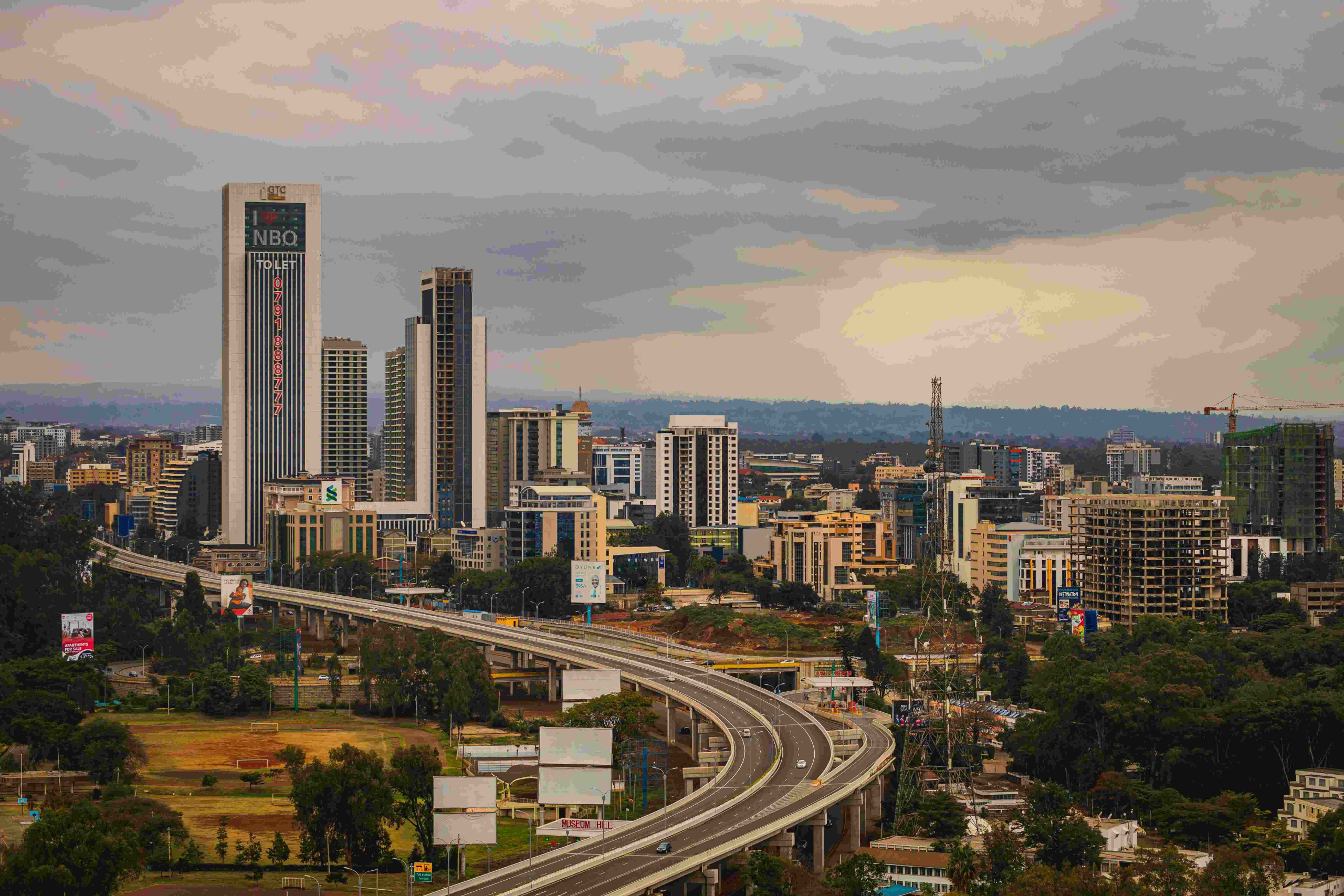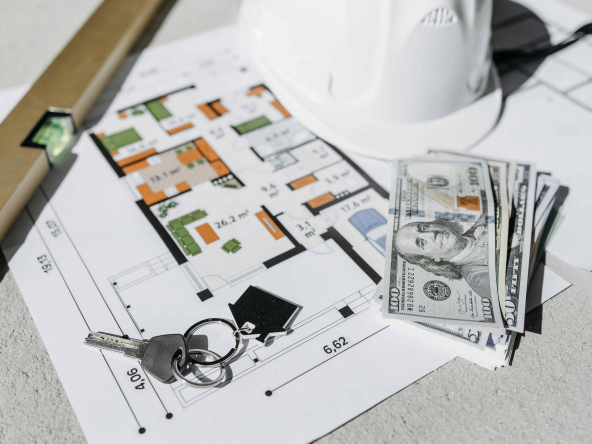Kenya’s real estate sector has experienced tremendous growth over the last two decades, with Nairobi emerging as a hub for both residential and commercial developments. Among the driving forces of this growth is foreign investment. From multinational companies setting up regional headquarters to diaspora Kenyans buying property back home, foreign capital continues to influence property demand, pricing, and urban development.
But what does this mean for local buyers, investors, and developers? Let’s explore how foreign investment is reshaping Kenya’s real estate market.
1. Increased Demand for Prime Real Estate
Foreign investors often target upmarket areas such as Westlands, Kilimani, Karen, and Runda. The demand for luxury apartments, gated communities, and commercial office spaces has surged, leading to:
-
Higher property values in prime locations
-
Increased competition for premium housing units
-
A push for developers to build more high-end projects
For local investors, this can mean higher entry costs but also potential for strong capital appreciation.
2. The Rise of Commercial Developments
With Nairobi serving as a regional business hub, multinational companies are investing in office complexes, retail spaces, and industrial parks. This has led to:
-
Growth of Grade A office spaces
-
Expansion of logistics and warehousing facilities due to e-commerce growth
-
More demand for mixed-use developments that combine retail, office, and residential spaces
Foreign-backed commercial projects are creating opportunities for local contractors, suppliers, and service providers.
3. Influence on Property Prices
One of the most noticeable effects of foreign investment is price inflation in certain areas. When international buyers enter the market, they often have higher purchasing power compared to local buyers. This can:
-
Drive property prices up in prime neighborhoods
-
Make housing less affordable for middle-class Kenyans
-
Increase rental rates, especially in high-demand zones
However, this also encourages diversification, with developers now exploring satellite towns like Kiambu, Athi River, Kitengela, and Syokimau to cater to a broader market.
4. Impact on Affordable Housing Initiatives
While foreign investment largely flows into high-end projects, it indirectly supports affordable housing. Some foreign developers and NGOs are partnering with the Kenyan government to deliver low-cost housing under the Affordable Housing Programme. This helps balance the market by addressing demand across different income levels.
5. Opportunities for Local Investors
Foreign investment presents both challenges and opportunities for local players. Some key takeaways include:
-
Partnerships & Joint Ventures: Local developers can collaborate with foreign firms to access capital, technology, and expertise.
-
Increased Standards: Competition from international projects pushes local developers to improve construction quality and adopt green building technologies.
-
Niche Markets: While foreigners dominate the luxury segment, local investors can focus on mid-tier and affordable housing where demand remains high.
6. Government Policies and Regulation
Kenya has policies to regulate foreign ownership of land and property. For example:
-
Foreigners can only hold land under leasehold tenure, not freehold.
-
Certain restrictions exist on agricultural land ownership.
These laws aim to protect local interests while still attracting foreign capital into urban development and commercial projects.
Foreign investment is a double-edged sword for Kenya’s real estate sector. On one hand, it has fueled economic growth, created jobs, and modernized the property market. On the other, it has contributed to rising property prices in urban areas, making homeownership more challenging for locals.
For local investors, the key lies in identifying opportunities that foreign players overlook—such as affordable housing, satellite towns, and innovative financing solutions. As foreign capital continues to flow in, Kenya’s real estate market will remain dynamic, competitive, and full of potential.




